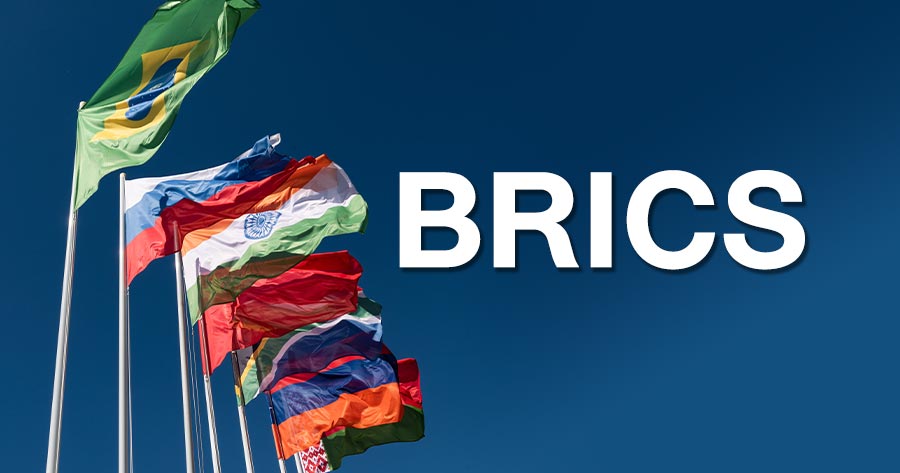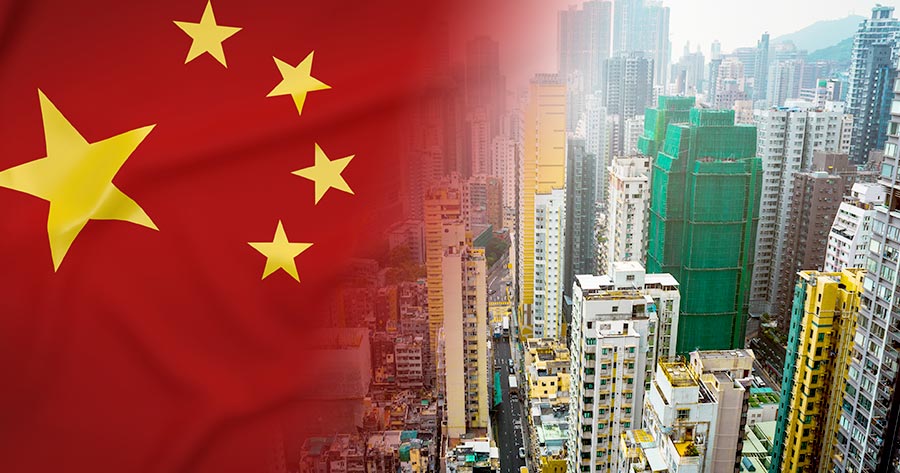The BRICS summit kicked off this week as President Vladimir Putin welcomed leaders of the five pioneering countries and the addition of Iran, Egypt, Ethiopia and the United Arab Emirates. Several agendas were on and off the table at the summit, including the new payment platform, mending ties between China and India, and also the welcoming of new partner nations, including Thailand.
China and India
At the BRICS summit on Wednesday, Chinese President Xi Jinping and Indian Prime Minister Narendra Modi held their first formal talks in five years, signaling an improvement in relations between the two nations, which had been strained by a deadly military clash in 2020.
The conflict occurred in June 2020, when Indian and Chinese soldiers engaged in a violent confrontation along their poorly defined Line of Actual Control (LAC), a 3,440-kilometer border. The clash, near the Tawang sector in Arunachal Pradesh, resulted in the deaths of 20 Indian soldiers and four Chinese soldiers, leading to a four-year military standoff.
Leaders of both nations have promised to boost communication and cooperation between their countries and resolve conflicts.
Alternative Payment System
Russia is counting on this renewed dialogue between India and China, as President Vladimir Putin aims to use the summit to promote alternative payment systems—part of an effort to bypass Western sanctions.
Brazil, one of the large economies in the group, also endorsed the idea of creating an alternative payment platform, saying that it is time for the group to create a payment system among themselves.
Brazilian President Luiz Inacio Lula da Silva stated at the summit that the new platform is not meant to replace their own currencies, but to reflect the multipolar order in the international financial system.
If these two nations, both of which have some of the world’s largest economies, remain divided, BRICS may achieve little, let alone create an alternative platform, according to Jim O’Neill, a former Goldman Sachs economist.
Peace Talks
In addition to the India-China talks and Russia’s push for a new payment platform, the summit also provided an opportunity for the two nations to discuss the ongoing war in Ukraine. Modi publicly expressed his desire for peace to Putin, while Xi discussed the matter behind closed doors.
New Additions
The latest report also indicated that BRICS will add 13 countries as partner nations, which would mark a significant shift in the geopolitical landscape as the bloc is seeking to expand its influence across the globe.
The new addition as partner nations includes Algeria, Belarus, Bolivia, Cuba, Indonesia, Kazakhstan, Malaysia, Nigeria, Thailand, Turkey, Uganda, Uzbekistan, and Vietnam. The newly added nations are not an indication of an official member to the bloc, but widens the opportunity for collaboration in terms of trade, investment, infrastructure development as well as political alignment.





